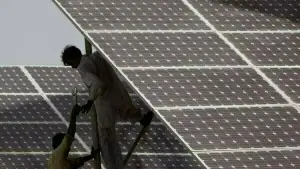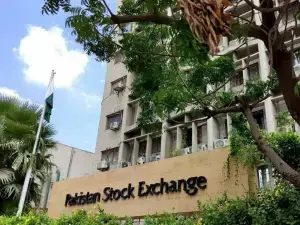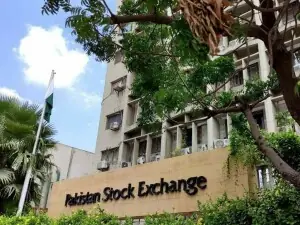Australian wheat farmer Ian Donges stepped down from the leadership of the country's biggest farm body several years ago, returning to the rolling pastoral country west of Sydney to grow crops.
Now he has moved into the world wheat trade's hot seat as newly appointed chairman of AWB (International) Ltd, the arm of embattled monopoly wheat exporter AWB Ltd responsible for Australia's international wheat sales.
Following months of allegations that AWB paid $222 million in kickbacks to the government of former Iraqi dictator Saddam Hussein to secure sales, Donges has the job of guiding the export arm out of a mess that has battered its reputation world-wide.
In the process he will attempt to save AWB's wheat export monopoly, or "single desk", which is now under fire from several fronts.
"I have a lot of mood swings around where I see this going at the moment," said Donges, who has not been implicated in allegations of kickbacks by AWB.
"Unfortunately there are so many commercial interests who are wanting to have an outcome purely on their own terms and see this market deregulated," Donges, appointed last month, told Reuters in an interview.
"(They) are going to make this a very difficult situation for the Australian wheat industry."
A former president of the National Farmers Federation and of the New South Wales Farmers Association, Donges has represented Australia in international trade negotiations in Washington and other centres around the world.
None of it has been as intense as the present storm over AWB.
The United States has been trying to get rid of Australia's successful wheat monopoly for many years. Local operations of international grains giants such as Cargill Inc have also agitated to get in on Australia's wheat export trade.
Domestic Australian traders, and even some big individual wheat farmers, have also been trying to break the monopoly.
Still, most farmers want to keep a system that is said to produce price premiums of A$13 a tonne and total benefits of A$200 million a year.
That has helped the Australian government withstand strong pressure from the US against the monopoly, even during negotiations for the Australia-US Free Trade Agreement.
Donges believes - "at this point in time" - that the single desk will survive, and will still be operated by AWB.
He is encouraged by a rally of more than 500 farmers in the eastern town of Parkes, which supported AWB and the single desk.
This belief is unshaken even as three other Australian grains groups attempt to organise the sale of 350,000 tonnes of Australian wheat to Iraq, as an exception to the AWB monopoly.
The Iraqi Grain Board has said it will not do business with AWB while a government-appointed inquiry, headed by Supreme Court judge Terence Cole, sits through to June.
"It doesn't impact on the single desk at all. It's a one-off contractual situation that's been negotiated by Mark Vaile as Trade Minister," Donges said.
BR100
16,307
Increased By
236.2 (1.47%)
BR30
51,537
Increased By
1163.4 (2.31%)
KSE100
157,953
Increased By
1775.7 (1.14%)
KSE30
48,199
Increased By
520.5 (1.09%)






















Comments
Comments are closed.